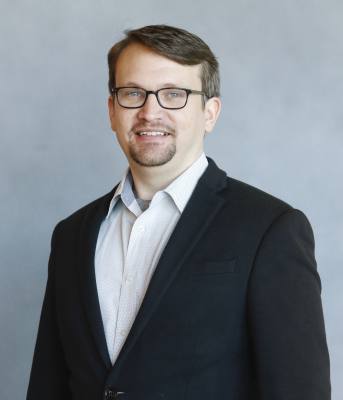"After George Floyd's death, we've seen over 30 large urban districts around the country take up this task of rebalancing their investment in counselors and not police," said Dustin Rynders, attorney with the nonprofit firm Disability Rights Texas. "And so the real model policy is in your budget too."
Rynders was one of four presenters from the Safe and Supportive Schools Collaborative invited to share recommendations and concerns about thw HISD Police Department's role in student discipline.
In addition to banning use of force in all situations unless violence or injury has occured, the group also said the district should hire more counselors to reach a ratio of one for every 250 students rather than the current level of one for every 1,000. It also called for schools to adopt a restorative justice approach to conflict.
"There is little evidence that police presence in schools increases or improves school safety," said Kara Dunovant, a representative of the Earl Carl Institute, which coordinated the collaborative. "On the contrary, police presence increases the number of minor behavioral problems that are referred to the police."
However, despite the research that the group has been able to conduct by collecting data from other school districts, more transparency is needed for the public to understand how police interact with students, said Andrew Harrison, director of the School-to-Prison Pipeline Project with Texas Appleseed.
"We're really focused on data-driven research and public policy analysis," he said, explaining that the groups file public information requests to study police activities. "We've not had as much had success in that regard, receiving information from HISD."
Records requests regarding police activities are referred to the state attorney general over concerns that its release poses a safety and privacy risk, he said.
Interim Superintendent Grenita Lathan said she was unaware of the requests and would need to look into the matter.
HISD police chief Pedro Lopez, a former Houston police officer, told trustees that he agreed that the district's 192 police officers should do what it can to reduce arrests among students. He pointed to increasing use of diversion programs for drug incidents as an example of discouraging arrests.
"I'll agree with everyone that we need to stop the school-to-prison pipeline, but the police department alone can't do it," Lopez said.
The board did not consider any specific action items at the workshop. Trustees discussed holding additional workshops and discussions, but a timeline was not established.





